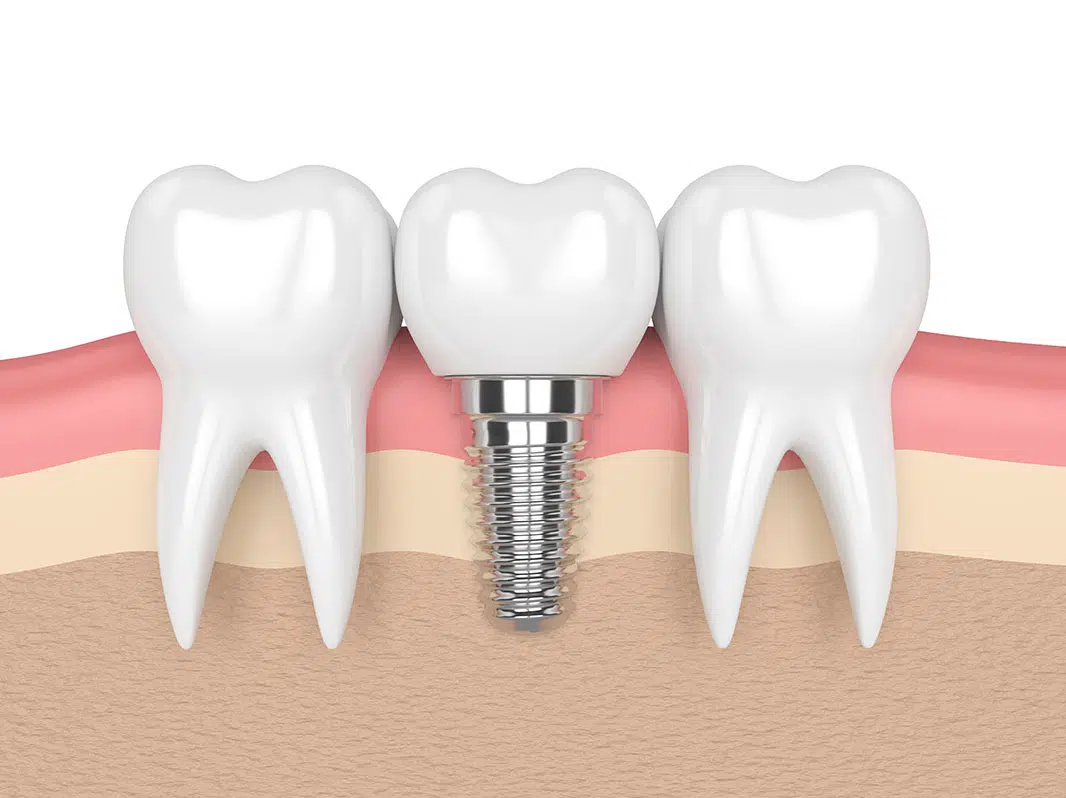Dental Implants and Oral Hygiene Products: Choosing the Right Tools

Maintaining excellent oral hygiene is crucial for the success and longevity of dental implants. Unlike natural teeth, implants require special attention to ensure they remain healthy and function well over time. Choosing the right oral hygiene products can make a significant difference in keeping your implants in top condition. This blog will guide you through selecting the best tools for caring for dental implants in Matunga, ensuring you maintain a clean, healthy smile.
Importance of Proper Oral Hygiene for Implants
Dental implants in Matunga consist of titanium posts integrated into the jawbone and covered with a crown. While they are designed to be durable, they still need regular care to prevent issues such as plaque buildup, gum infection, and implant failure. Effective oral hygiene helps protect the gums and bone surrounding the implant, maintaining the health and functionality of your dental work.
Essential Oral Hygiene Tools for Dental Implants
- Soft-Bristled Toothbrush:
- Purpose: A soft-bristled toothbrush is gentle on your gums and the surface of your dental implants. It helps to effectively clean your teeth and implants without causing damage to the gum tissue or the implant crown.
- Recommendation: Choose a toothbrush with a small head that can easily reach all areas around your implants. Electric toothbrushes with a soft-bristle head are also effective and can make brushing easier and more thorough.
- Non-Abrasive Toothpaste:
- Purpose: Non-abrasive toothpaste is essential for cleaning dental implants without scratching or damaging the crown’s surface. Abrasive toothpastes can wear down the crown over time, contributing to plaque buildup.
- Recommendation: Use fluoride toothpaste specifically formulated for sensitive teeth or dental implants. Avoid whitening toothpastes that contain abrasive agents.
- Floss:
- Purpose: Dental floss helps remove food particles and plaque from between your teeth and around your implants. Proper flossing is crucial for preventing gum disease and maintaining implant health.
- Recommendation: Use floss designed for dental implants, such as super floss or floss threaders. These types of floss are effective at cleaning around implants and braces.
- Interdental Brushes:
- Purpose: Interdental brushes are small, cylindrical brushes that can clean between your teeth and around your implants more effectively than traditional floss. They are particularly useful for cleaning around larger gaps and hard-to-reach areas.
- Recommendation: Choose interdental brushes with soft bristles and a size that fits comfortably between your teeth and around your implants. They come in various sizes to accommodate different spacing.
- Water Flossers:
- Purpose: Water flossers use pulsating water to remove food particles and plaque between your teeth and your implants. They can be a great supplement to traditional flossing and brushing.
- Recommendation: Look for a water flosser with adjustable pressure settings to ensure it’s gentle enough for your gums but effective for cleaning around implants.
- Antiseptic Mouthwash:
- Purpose: Antiseptic mouthwash helps reduce bacteria and plaque in your mouth, prevent gum infection, and maintain oral health.
- Recommendation: Choose an alcohol-free mouthwash to avoid drying out your mouth and irritating your gums. Look for mouthwashes specifically formulated to support implant care and gum health.
Tips for Using Oral Hygiene Products with Dental Implants
- Be Gentle: When brushing and flossing, use gentle motions to avoid irritating the gums around your implants. Aggressive brushing or flossing can lead to gum recession and discomfort.
- Clean Your Tools Regularly: Ensure that all your oral hygiene tools, such as toothbrushes, flossers, and interdental brushes, are cleaned and replaced regularly. If they are not maintained properly, bacteria can accumulate on them.
- Follow a Consistent Routine: Establish a daily oral hygiene routine that includes brushing twice daily, flossing at least once daily, and using mouthwash as recommended. Consistency is key to preventing plaque buildup and maintaining the health of your implants.
- Regular Check-Ups: Even with the best home care routine, regular dental check-ups are essential. Your dentist will examine your implants, check for signs of complications, and provide professional cleanings to ensure your implants remain healthy.
Additional Considerations
- Personalized Recommendations: Consult with your dentist for customized recommendations on oral hygiene products and techniques based on your specific needs and the condition of your implants. They can provide valuable guidance tailored to your situation.
- Education and Adaptation: Stay informed about new products and advancements in oral hygiene care. Adapting your routine with new, effective tools can enhance your implant care and overall oral health.
- Address Issues Promptly: If you experience discomfort or notice changes around your implants, such as swelling or bleeding, contact your dentist immediately. Early intervention can prevent more serious issues and ensure the longevity of your implants.
Conclusion
Choosing the right oral hygiene products and maintaining a consistent care routine is essential for the long-term success of your dental implants in Matunga. By using soft-bristled toothbrushes, non-abrasive toothpaste, specialized floss and brushes, and antiseptic mouthwash, you can effectively maintain your implants and prevent complications.
Incorporating these tools into your daily routine and regular dental check-ups will help ensure that your implants remain healthy and functional. With proper care, your dental implants in Matunga can give you a beautiful, confident smile for years to come.







